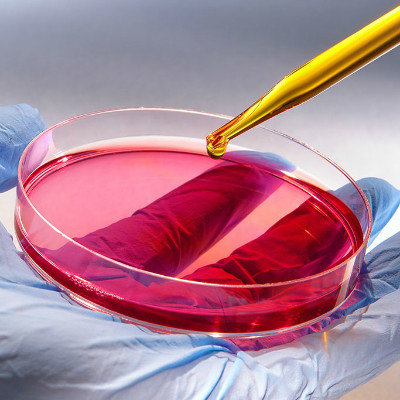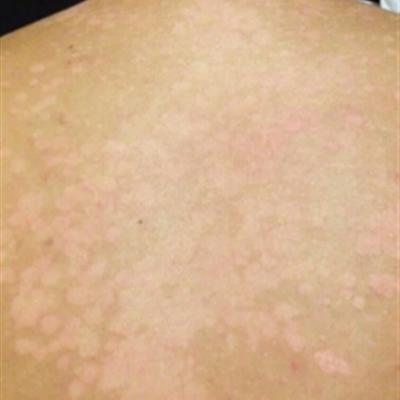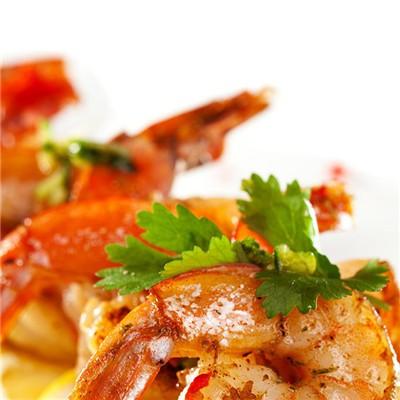What is asthenia disease of traditional Chinese medicine?
summary
Asthenia (including diseases caused by low or stable autoimmune function, endocrine gland dysfunction, hematopoietic dysfunction, metabolic disorder, nutritional deficiency, neurological dysfunction or excessive inhibition (unprotected), and other organ system functional decline diseases) refers to diseases caused by various reasons, such as deficiency of viscera energy, deficiency of blood circulation, deficiency of blood circulation, and so on Deficiency of Qi and blood in Yin and Yang is a variety of chronic weakness syndromes in the main pathological process. Therefore, all diseases with chronic functional decline or deficiency hyperactivity as the main clinical manifestations can be called asthenia, also known as asthenia. So what is asthenia disease of traditional Chinese medicine? I'd like to share my views with you.
What is asthenia disease of traditional Chinese medicine?
First of all: TCM syndrome differentiation of asthenia is more complex, not only involving Qi, blood, yin and Yang, but also focusing on viscera syndrome differentiation, such as liver, heart, spleen, lung and kidney. In detail, it is equivalent to a university lecture, which is a bit boring and difficult to understand. Let's make it a little simpler and scan it from the four aspects of Qi, blood, yin and Yang. 1. Qi deficiency: pale or yellow complexion, shortness of breath, lazy speech, low voice, dizziness, mental fatigue, physical weakness. The tongue coating is white, and the veins are thin and weak. 2. Blood deficiency: pale yellow or white, pale lips, tongue and nails, rough skin, reddish tongue, less moss and fine pulse. 3. Yin deficiency: red cheeks, red lips, low fever, hot tides, hot hands, feet, heart, restlessness, night sweats, dry mouth, red tongue, weak pulse. 4. Yang deficiency: pale or dark complexion, fear of cold, tepid hands and feet, cold sweat, mental fatigue, weak breath, or edema, especially lower limbs, light and fat tongue, tooth marks, white and smooth fur, thin or large pulse.
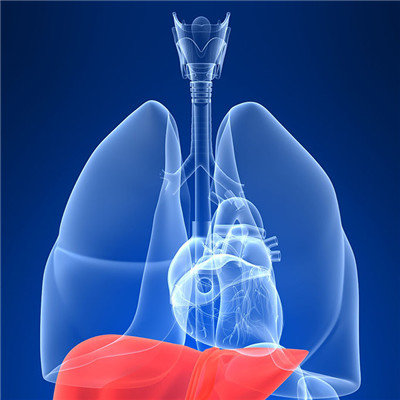
Secondly, traditional Chinese medicine believes that five kinds of labor (long sight hurts blood, long lying hurts Qi, long sitting hurts meat, long standing hurts bone, long walking hurts tendons), six kinds of labor (tendons, bones, blood, meat, essence, Qi), seven kinds of labor (big satiety hurts spleen, big anger hurts liver, strong weight lifting, long sitting hurts kidney, cold in shape, cold drink hurts lung, worry and sadness, wind and rain hurt shape, big fear, and not mind), All cases of congenital deficiency, acquired dystrophy, body deficiency, long-term maladjustment, resulting in the loss of viscera, Qi and blood weakness, gradually develop into the loss of energy, long-term deficiency and no longer appear all kinds of deficiency syndrome, belong to the category of asthenia.
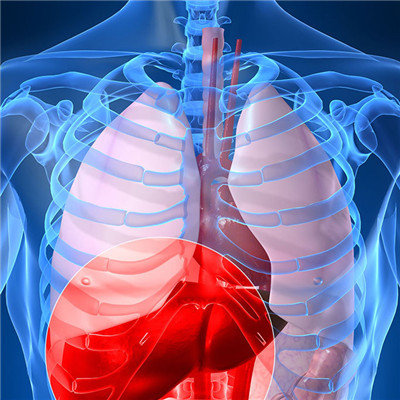
Finally: the internal treatment of lung qi deficiency type of asthenia [etiology] is mainly caused by overwork, weakness after illness, long cough and Qi injury, etc[ Symptoms] it is characterized by short Qi, spontaneous sweating, cold and heat, and easy to catch cold. Accompanied by fatigue, lazy speech, low voice, weak tongue and pulse[ Treatment] tonifying lung qi[ Main prescription: Bufei decoction.

matters needing attention
The diet therapy of asthenia disease, 1, turtle bone marrow soup: Turtle 1 (to viscera), 150 grams of pig spinal cord, ginger 3 pieces, add water to cook until thoroughly cooked, add salt seasoning. It is suitable for deficiency of Yin. 2. Ginseng stewed black chicken: Ginseng 12 ~ 15g, black chicken meat 250g (skin and bone removed), ginger 3 pieces, put into the stew cup and add water, stew for 2 hours, add salt seasoning. It is suitable for Qi deficiency and fatigue. 3. Angelica ginger mutton soup: Angelica 30g, mutton 250g, ginger 15g, add appropriate amount of water to cook until the mutton is thoroughly cooked, add salt to taste meat soup. It is suitable for deficiency of blood and fatigue.
